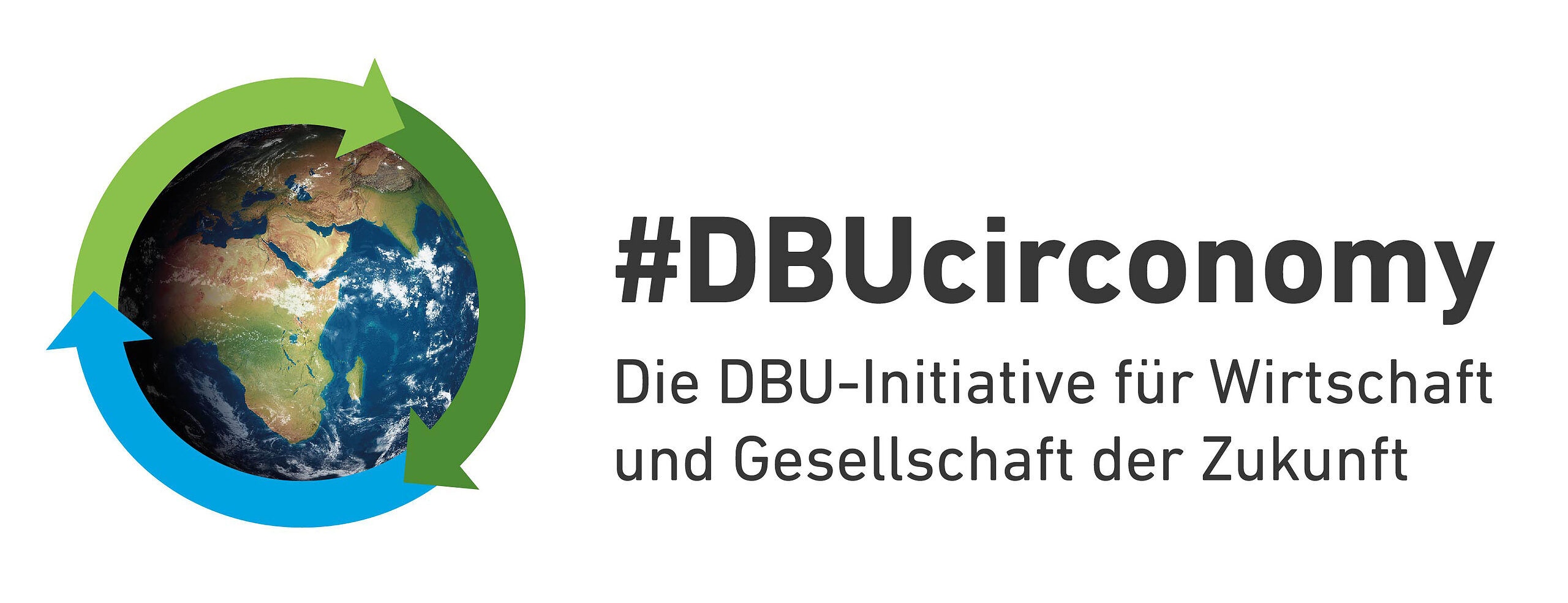Cross-company solutions for textile cycles
The funding initiative “Cross-company solutions for textile cycles” is aimed in particular at small and medium-sized enterprises (SMEs). Cooperation projects between SMEs and research institutions are expressly encouraged. The application deadline for the initiative has expired, but new project outlines on the topic can be submitted via the general DBU project funding.

The careful and efficient use of resources is a core task for present and future generations. The textile industry in Germany is also confronted with this challenge. Whether for the home or apparel sector, in the construction sector or in vehicle manufacturing, the current textile economy functions predominantly in a linear fashion. What is needed, therefore, is an alternative to the conventional linear “take – make – waste” approach, which has numerous negative environmental and social impacts. Instead of extracting valuable and finite raw materials, manufacturing products from them, and disposing of them as waste at the end of their use, what is needed is closed-loop recycling that takes into account all stages of a product’s life cycle and thinks about subsequent recycling as early as the design stage (design for recycling). The Circular Economy is being discussed as one such comprehensive solution.
The so-called RESOLVE approach (acatech 2019) identifies six sub-aspects of the Circular Economy: REgenerate(use renewable resources), Share(expand user group), Optimize(reduce waste, increase energy/material efficiency), Loop(recycle), Virtualize(replace through digitalization/virtualization), and Exchange(replace with resource-saving alternatives). In addition to these approaches, which are primarily based in the B2B sector, consumer behavior plays a central role in achieving the goal of a Circular Economy.
The transformation of existing linear into circular textile value-added systems offers start-ups and established companies opportunities for the further development of their business models, in addition to significant environmental relief potential. Obstacles are often organizational as well as technical and legal. The existing reciprocal relationships between suppliers, producers, traders, reprocessors, logisticians and users often pose obstacles to closed-loop recycling. In addition, there is often a lack of transparent and target group-relevant information on offers on the one hand and on requirements and criteria on the demand side. Important success factors for the development of circular loops are a holistic view, digital solutions (e.g., platforms or marketplaces), and suitable business models that are mostly new for the established companies. A crucial factor is the establishment of trusting cooperation between actors in the value chain at the decision-making level.
We are looking for innovative technical and at the same time economically feasible solutions as well as new training and qualification formats to close inter-company resource-efficient product, material and substance cycles. Value networks and cascade systems for products, components and materials are to be enabled. In particular, innovative, exemplary projects that can be put into practice quickly are eligible for funding.
If you have any questions about funding, please get in touch with us, see contact details below.